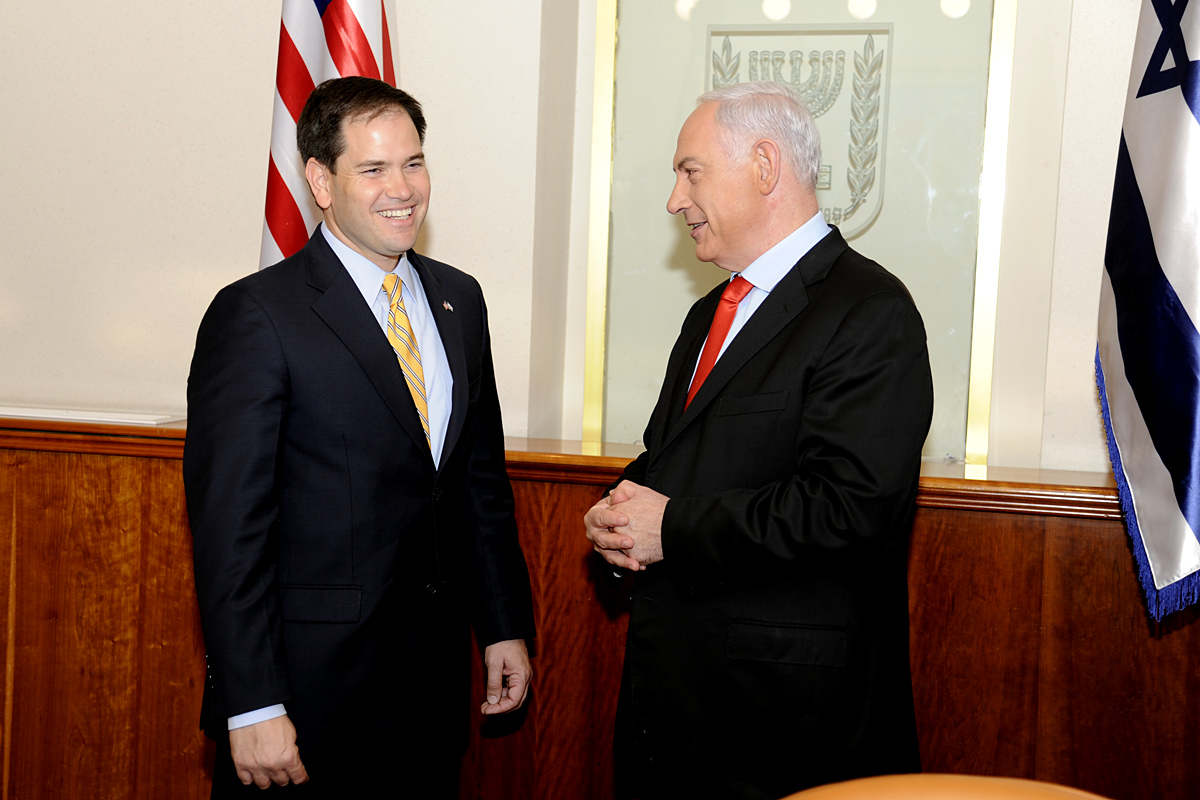In a decisive military action that has sent shockwaves across the Middle East, Israel's recent bombing of Iran's nuclear facilities has achieved a critical, if unstated, objective for Prime Minister Benjamin Netanyahu: the fracturing of the powerful domestic opposition that once threatened his political survival. For nearly three years, a diverse and determined coalition, united by its intense opposition to Netanyahu's judicial overhaul and his handling of the October 7 catastrophe, has been a persistent thorn in his side. That unity now appears to be a relic of a bygone political moment.
The fissures in the anti-Netanyahu coalition became starkly visible in the aftermath of the strike. According to a recent analysis in the Israeli newspaper Haaretz, the once-unshakable "Just Not Bibi" camp has effectively collapsed under the weight of national security imperatives. Key opposition figures, including Benny Gantz, Yair Lapid, and Avigdor Lieberman, who had built their political platforms on opposing the prime minister, were quick to shower praise on his "historic boldness." This public endorsement of Netanyahu's leadership on a matter of existential importance has made it profoundly difficult for them to maintain that he is an illegitimate or dangerous ruler credibly. Their ideological approval of the decisive action against Tehran has, for now, trumped their deep-seated personal and political animosity.
Political observers see this development not as an unintended consequence but as the culmination of a classic Netanyahu strategy. Faithful to a doctrine of "divide and survive," the prime minister has masterfully shifted the national narrative. By focusing the country's attention on an external enemy and a moment of perceived military triumph, he has successfully diverted the spotlight from his lingering domestic crises, including his ongoing corruption trial, the failures leading to the October 7 attacks, and the unresolved hostage situation in Gaza. The war with Iran has provided him the ultimate political shield, recasting him as the nation's indispensable protector.
This political victory, however, raises profound concerns among his remaining detractors about the nation's future trajectory. They fear that a victorious and politically emboldened Netanyahu, potentially bolstered by a friendly administration in Washington, may feel unrestrained in pursuing his most controversial ambitions. These include the potential annexation of the West Bank and the establishment of a more theocratic state, completing the transformation he began with his judicial coup. The fear is that the strike on Iran was not an end in itself but a means to consolidate power for a far more radical domestic agenda.
The fragmentation of the opposition leaves a significant void in Israeli politics. The old strategy of uniting solely against one man has proven fragile. For those who hope to challenge Netanyahu's rule, the path forward is no longer clear. They are now tasked not merely with opposing a leader but with articulating a compelling, alternative vision for Israel's future—one that can reforge a democratic coalition even in the shadow of a simmering regional conflict and the smoldering ruins of Iran's nuclear program.
Photo: Wikimedia Commons
